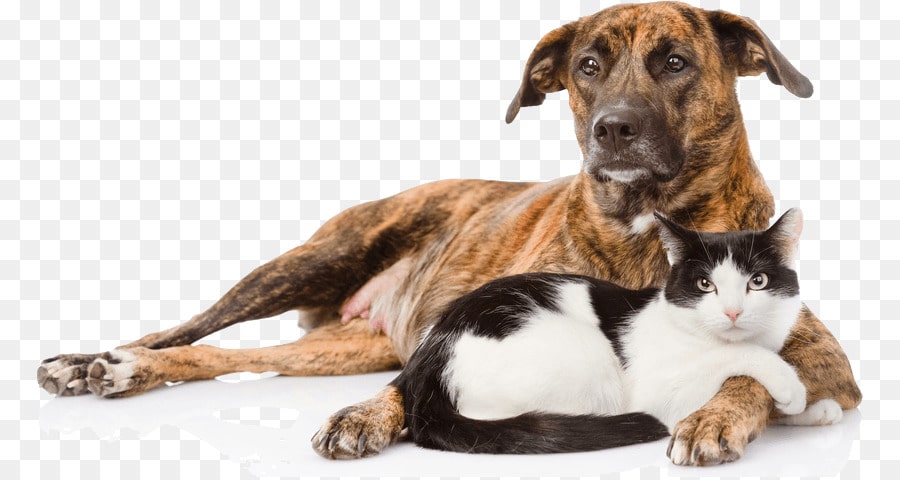The Dobermann, aka Doberman Pinscher in the United States and Canada, is one of the most popular breeds of domestic dogs. Aside from being great as watchdogs, this breed is an ideal guardian, protector, guide dog for the blind, military dog, and pet.
Breed history
Dobes, as it is called fondly, originated from Germany. This dog breed was developed around 1890 by Karl Friedrich Louis Dobermann, a tax collector. At the time, there was a demand for fearless watchdogs and Dobermann started breeding the best locally available dogs for that particular purpose. It took Dobermann around 60 years of interbreeding dogs to perfect the Dobermann we now know today.
The Doberman has a long muzzle. It has a square frame and is a medium-sized guard dog whose length should equal its height to the withers and the length of its head, neck, and legs should be in proportion to its body. The males have a muscular and threatening appearance, while the females tend to be thinner, not lanky. The overall appearance of a Dobermann exudes elegance and nobility, letting them enjoy a reputation as royalty of the canine kingdom.
Is a Doberman right for you?
Dobermans are loyal, fearless, trustworthy, and alert. Such qualities have endeared the breed to pet owners that when humanized, Dobermans forget that they are dogs! They can snuggle with you in your bed or sofa, and even be great playmates for the kids. However, they are standoffish to people they don’t know. But they become affectionate and obedient in time.
The average lifespan of a Doberman is around 12 years. With the right care and nutrition, you get to enjoy their company for an additional two years. That’s 14 years of fun memories together!
Because the Doberman is a large, active, and intelligent breed, you must be willing to give time and attention to it—from exercising to training. It needs some type of control in order for it to fit in happily with the family. Also, proper fencing is needed for a Doberman, that means it should have enough space where it can run around. That being said, the ideal owner of this kind of breed is one who can train, socialize, and exercise this loyal pet.
Common health issues
Wobbler’s syndrome, cervical vertebral instability (CVI), and cardiomyopathy are usually the major health problems affecting Dobermans. Minor health concerns include canine hip dysplasia (CHD), osteosarcoma, von Willebrand’s disease (vWD), demodicosis, and gastric torsion. Some Dobermans can also be afflicted with albinism, narcolepsy, hypothyroidism, and progressive retinal atrophy (PRA). Have your Doberman checked by your veterinarian to identify which health issues he’s prone to. Read the health guidelines for purchasing a Doberman from the Doberman Pinscher Club of America (DPCA).
Diet and nutrition
Protein is essential to Dobermans as it helps develop and support its muscles. But they easily get kidney disease so too much protein is bad for them. Animal meat is always best for them, especially novel meats as it is filled with essential amino acids and nutrients. Consult your veterinarian for the right amount of protein your Dobes need in their pet food.
Dobermans need more fat compared to other breeds as their hair is short and easily dries out, becoming itchy for them. You don’t want that for your pet. Fat from salmon oil and flaxseed oil helps remedy such condition in Dobermans. Of course, Omega 3 and 6 fatty acids help make their skin supple, aside from helping them have a healthy heart.
Many Dobermans are also prone to having hypoglycemia. Carbohydrates are therefore regulated when giving them to your pets. If not, such a condition can lead to diabetes. Ideally, give them complex carbohydrates like sweet potatoes, peas, and many legumes. These will help them have the energy they need to last the day, avoid spiking of blood sugar, and prevent energy crashes.
Fruits and vegetables are also sources of essential vitamins and minerals your Dobes need. For example, blueberries contain antioxidants that promote better cellular health. It has calcium which is essential to bone development.
For your Doberman’s dietary needs, Addiction Pet Foods gives you a variety of high-quality pet foods. All of Addiction’s products, Dry Dog Food, Raw Dehydrated Food, Meaty Bites treats, are formulated without grains, GMOs, , fillers, corn, wheat, soy, artificial colors, artificial flavorings, and preservatives.
Buy Addiction Pet Foods in a store near you.
Is a chihuahua right for you? Find out in our breed highlight here.
Like us on Facebook and follow us on Instagram for more pet health and nutrition updates.












